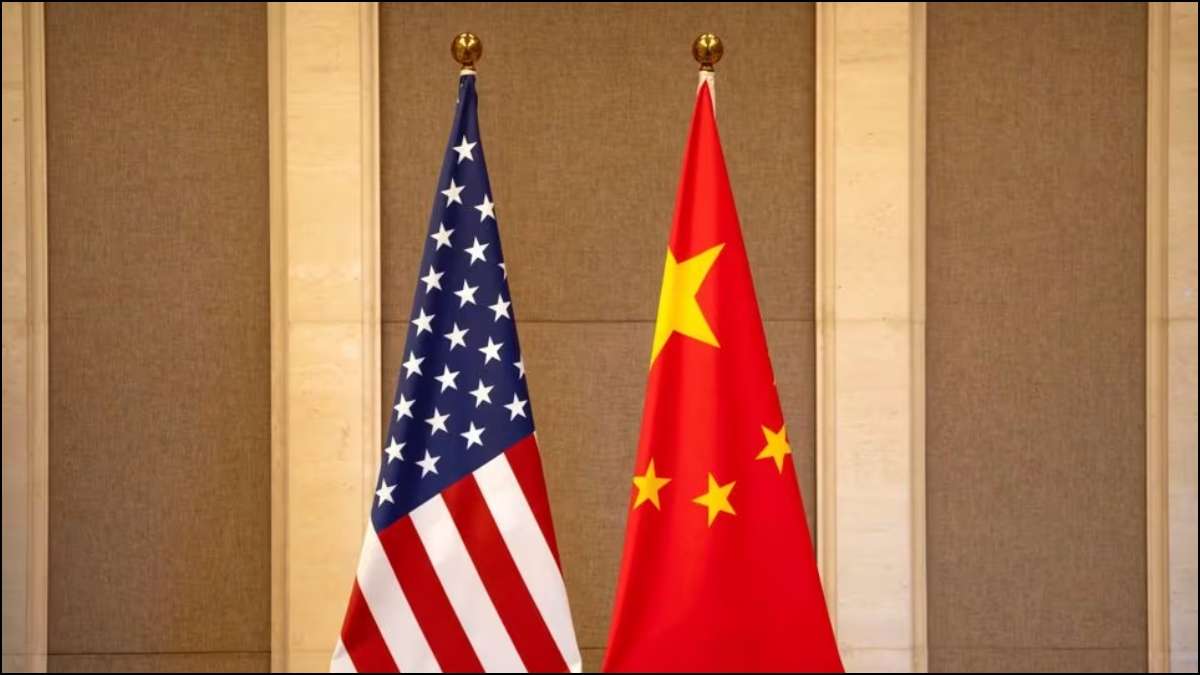
[ad_1]

The top US military official on Thursday held a virtual meeting with his Chinese counterpart for the first time in over a year, amid hopes that it could lead to a broader restoration of relations between the two countries, said the Pentagon.
US Air Force General Charles Q Brown, chairman of the Joint Chiefs of Staff, and General Liu Zhenli of China’s People’s Liberation Army (PLA)touched on “a number of global and regional security issues,” Brown’s office said. The meeting follows a face-to-face meeting between US President Joe Biden and Chinese leader Xi Jinping last month where they decided to resume previously-snapped military communications.
Pentagon officials say that communication between the two militaries is crucial to preventing a miscalculation from spiraling into conflict. “General Brown discussed the importance of working together to responsibly manage competition, avoid miscalculations, and maintain open and direct lines of communication,” said his office.
Brown also reiterated the importance of the Chinese military to engage in substantive dialogue to reduce the likelihood of misunderstandings. His counterpart Liu is the chief of the Joint Staff Department of the Central Military Commission (CMC), the military body responsible for China’s combat operations and planning.
The key for Washington and Beijing to develop a healthy, stable and sustainable military-to-military relationship is for the U.S. to have a “correct understanding of China”, said Liu during the meeting as quoted by a Chinese defence ministry statement on Thursday
Will this improve US-China ties?
US officials have warned that although the resumption of military communications can lead to a restoration of ties, forging truly functional dialogue between the two countries could take time. Additionally, China seeks ambiguity in defence relations to constrain what Beijing sees as US military provocations in the Indo-Pacific region.
The relationship between the two nations has been mostly complex, and at times, strenuous since the establishment of the People’s Republic of China (PRC) and the retreat of the government of the Republic of China to Taiwan in 1949. Since then, the two countries have experienced periods of tension and cooperation over issues including trade, climate change, and Taiwan.
Military communications between the countries were snapped when then-House Speaker Nancy Pelosi visited Taiwan, which China sees as part of its own territory. Washington and Beijing are at loggerheads over everything from the future of democratically ruled Taiwan to territorial claims in the South China Sea.
Liu said Chinese armed forces will resolutely defend state sovereignty and territorial integrity over Taiwan. “Be prudent in words and actions, and take concrete actions to safeguard regional peace and stability and the overall situation of China-US relations,” he said.
Liu has emerged as the top contender to replace China’s national defence minister, General Li Shangfu, who was dismissed from his position last month after weeks of unexplained absence. According to Reuters, Li was under investigation over suspected corruption related to equipment procurement and development.
Biden-XI meeting
In the meeting between Biden and Xi has been described as ‘productive, comprehensive and constructive’, the most positive news was that the two leaders had agreed to restore some military communications that had been suspended since last year. This means that US Defense Secretary Lloyd Austin will speak with his Chinese counterpart once someone is named to the job.
Several agreements were signed between the two leaders, who met after almost a year amid fraught relations between the two most powerful economies. They pledged cooperation that would bring Washington and Beijing close to resuming talks under the Military Maritime Consultative Agreement, which was used to improve safety in the air and sea until 2020.
They also pledged cooperation in a number of issues and officials from both sides described it as comprehensive and productive. The two leaders also exchanged views on Taiwan and the ongoing Israel-Hamas and Russia-Ukraine conflicts.
However, analysts have cautioned against overly optimistic conclusions, saying that the crucial bilateral meeting is unlikely to change the positions of the leaders of many pressing issues. The course of the US-China relationship is likely to influence the US presidential election in 2024, although it is unlikely to be the decisive issue.
(with inputs from agencies)
ALSO READ | US, China to resume military communications after crucial Biden-Xi meeting | Key takeaways
[ad_2]
Source link